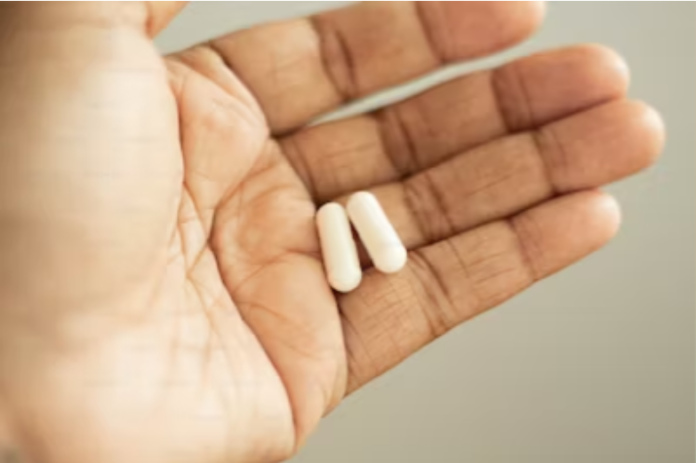While the brand owner is responsible for providing a finalized formula for their supplement products, contract manufacturers also play an essential role in product development and quality control.
It involves sourcing high-quality raw materials, testing them for identity and potency, and ensuring they don’t contain any harmful bacteria or heavy metals. It also includes conducting quality control checks throughout the manufacturing process on each batch.
Formulation
The industry that produces vitamins and supplements creates goods with a component meant to add to the diet. Herbal supplements, sports nutrition products, and regular vitamin and mineral supplements are all included.
To develop a product, a vitamin manufacturer begins by sourcing high-quality raw materials and other ingredients from reputable vendors. These ingredients are then sampled for identity, potency, any possible bacterial contamination, and heavy metal content.
The raw materials are mixed to create a vitamin mixture that will go through the encapsulation process and then the tableting or coating process. In the tableting process, tablets are placed into a coating pan surrounded by pumps. These pumps spray the coating over the pills as they rotate in the pan.
Testing
Quality control involves identifying and correcting defects and errors in a product before it is sold or delivered to a customer. It can increase efficiency, improve your brand’s reputation and reduce costs.
QC tests may include microbiological testing, visual and functional inspections, and specialized lab testing. It can also focus on design and product development to minimize variances in the manufacturing process.
Vitamin manufacturing includes sourcing, pre-blending, wet granulation, weighing and mixing, encapsulating, coating, tableting, and packaging. Quality checks are conducted at each stage to ensure the finished vitamin is high quality.
Packaging
A vitamin manufacturer’s role is to produce vitamins and supplements and ensure the product is packaged and distributed in a way that best maximizes brand equity, consumer satisfaction, and profit margins. An excellent example of this is the bottle encapsulation process used in many brands of gummies, vitamins, and other chewable supplements. It is a relatively complex and labor-intensive operation requiring multiple product preparation and testing stages. This process includes sourcing, wet granulation, weighing and mixing, encapsulation, polishing, and coating.
Labeling
In the face of heightened regulatory scrutiny and increased consumer attention, many nutraceutical firms opt to bring manufacturing in-house. It gives the firm complete control over the quality of their supplements – which is essential for brand owners who want to protect their formulations, ingredient blends, and material sources.
During the vitamin manufacturing process, manufacturers conduct quality checks at various stages of production to ensure that they produce high-quality products with minimal additives and fillers. It includes sourcing, pre-blending, wet granulation, weighing and mixing, encapsulating, polishing, tableting, coating, and packaging. In addition, the final product must be inspected by third-party laboratories to verify that it meets certificated safety standards. Lastly, vitamins must carry the label of one of these organizations so that consumers can be confident that the product is safe to consume.
Manufacturing
The manufacturing process of vitamin supplements includes sourcing, pre-blending, wet granulation, weighing and mixing, encapsulating, tableting, coating, packaging, labeling, and testing. Quality checks are conducted at all stages to ensure the product meets the highest standards and is safe for consumption.
Supplement manufacturers may choose to manufacture the product in-house or outsource it. The choice is based on many factors, such as protecting the company’s formulas and ingredient blends and keeping the process confidential. Other reasons for making a product in-house include reducing production costs and maintaining a high level of quality control. In any case, manufacturing vitamins must be completed to protect the product’s identity and potency. It is crucial with natural dietary supplements.










